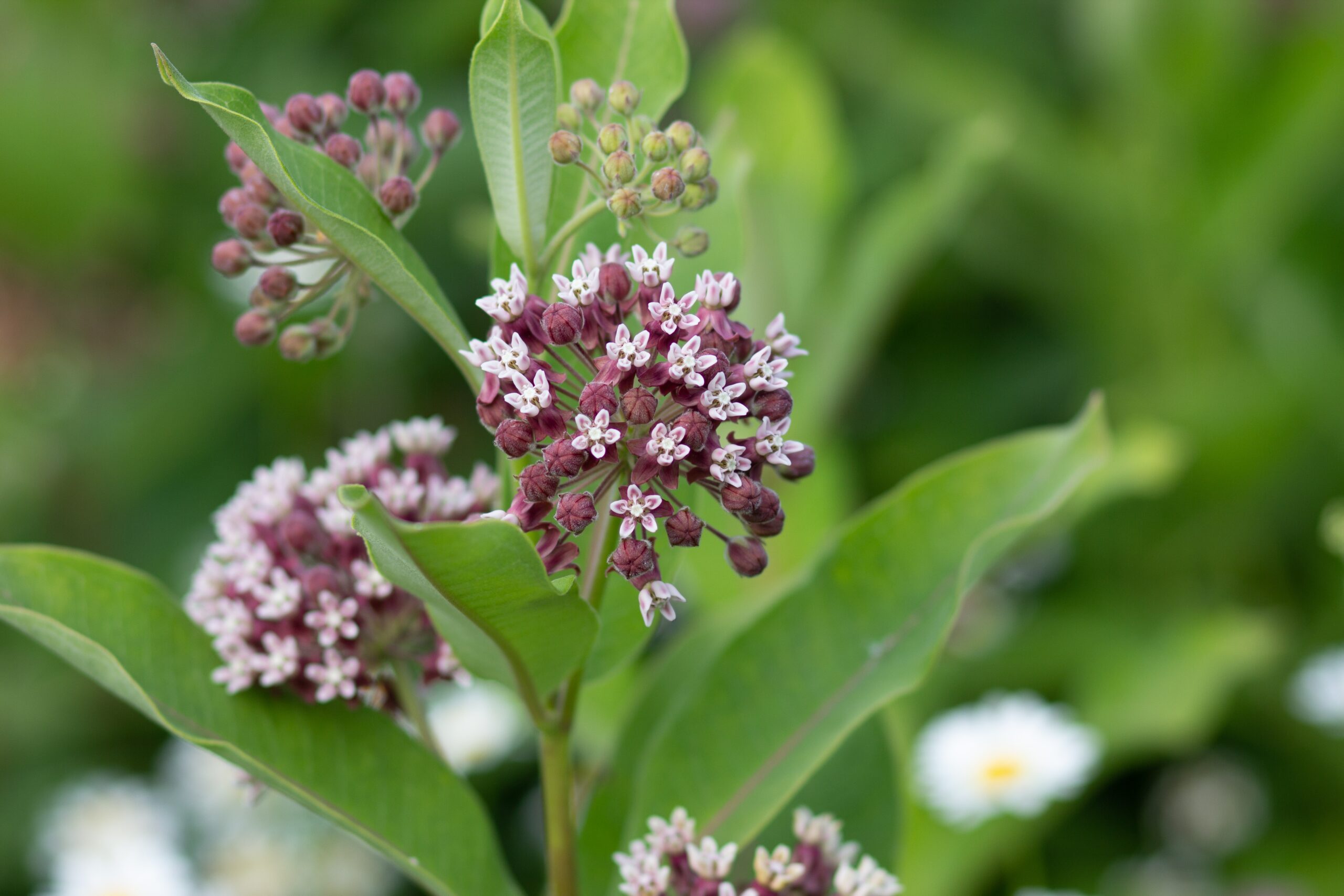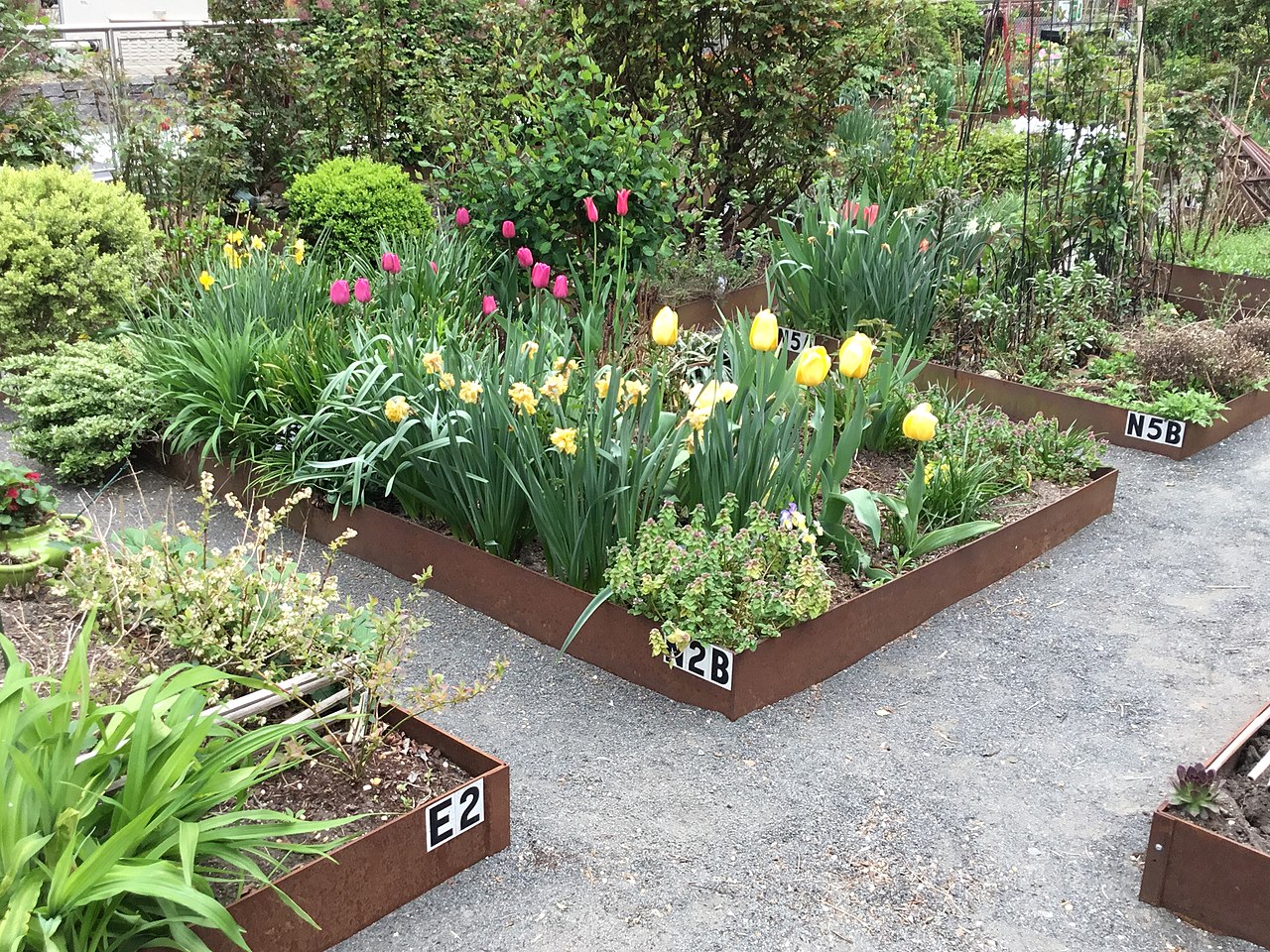Jan. 19, 2022 Media Release — From Stop Sprawl Halton
Stop Sprawl Halton is a growing movement that is rapidly gaining support across Halton Region. Green “Save our farms” lawn signs are popping up in the snow all over the region, and social media are alive with postings, dismayed at the prospect of losing 5000 acres to sprawl, including some of Canada’s best farmland.
All municipalities across the Greater Golden Horseshoe are in the final stages of approving their official plans to accommodate growth projected over the next 30 years. They are all contemplating how much farmland they will convert to urban uses. Tens of thousands of acres of prime farmland could be lost to sprawl.
Stop Sprawl Halton is focused on educating the public about what is at stake and what is being contemplated by their councillors at town, city and regional council meetings.
Halton revealed its Preferred Growth Concept at a workshop for regional councillors on November 17th. It is a plan that will convert 5000 acres of prime agricultural land to urban uses.
Stop Sprawl Halton hosted a virtual educational event on January 18th that attracted over 600 registrants, illustrating that citizens care deeply about the future of their community. Thousands of dollars were raised to help amplify the message.
Margaret Walton, an agricultural planner and author of Halton’s Rural Agricultural Strategy, pointed out that only 5% of Canada’s land mass is prime farmland, and only 0.5% of it is Class 1. And where is much of that Class 1 farmland? Right here in Halton.
Other speakers made it clear that farmland in Halton and throughout the Greater Golden Horseshoe must be preserved as it is vitally important to our food security and is irreplaceable. And further that the agri-food sector is bigger than the car industry, and a huge economic driver for the province that should not be harmed by approving more sprawl. The case was made for adding density within our current urban boundaries to create more financially sustainable, walkable communities where the carbon footprint of each resident is reduced.
We congratulate Oakville Town Council for refusing to endorse the Region’s Preferred Growth Concept at its January 18th meeting. Halton Hills will consider its position at a Special Council meeting on February
1st.
Stop Sprawl Halton rejects the Preferred Growth Plan and is working to raise the issues with the public and inspire them to take action before it is too late. To find out more about the plan and how to contribute to the cause, please visit StopSprawlHalton.org.
Halton Region will debate the Preferred Growth Plan at its February 9th Special Council Meeting.




